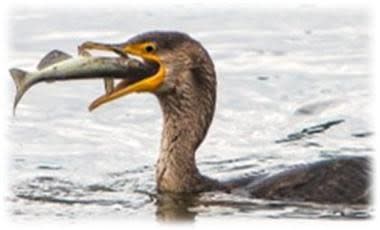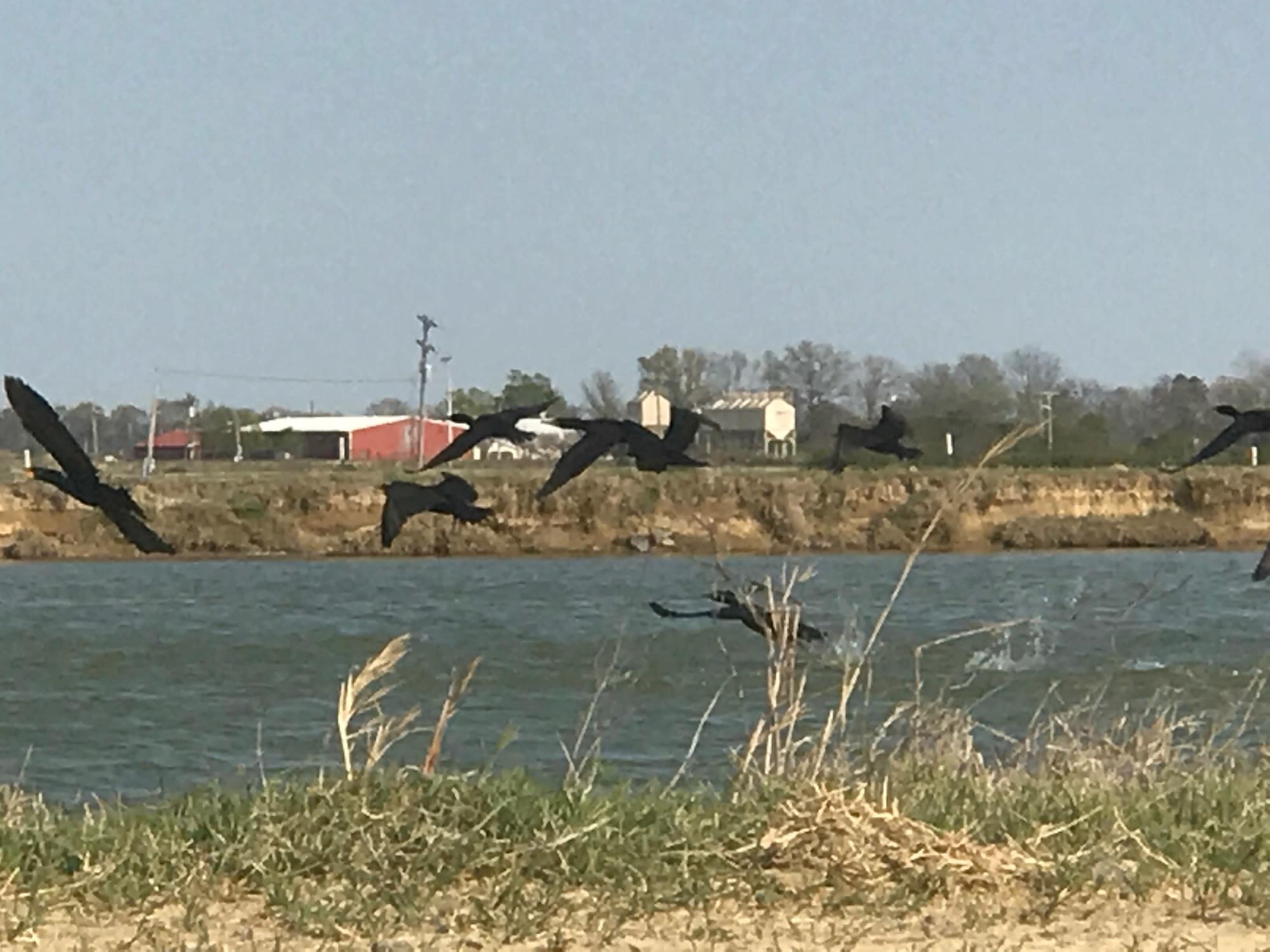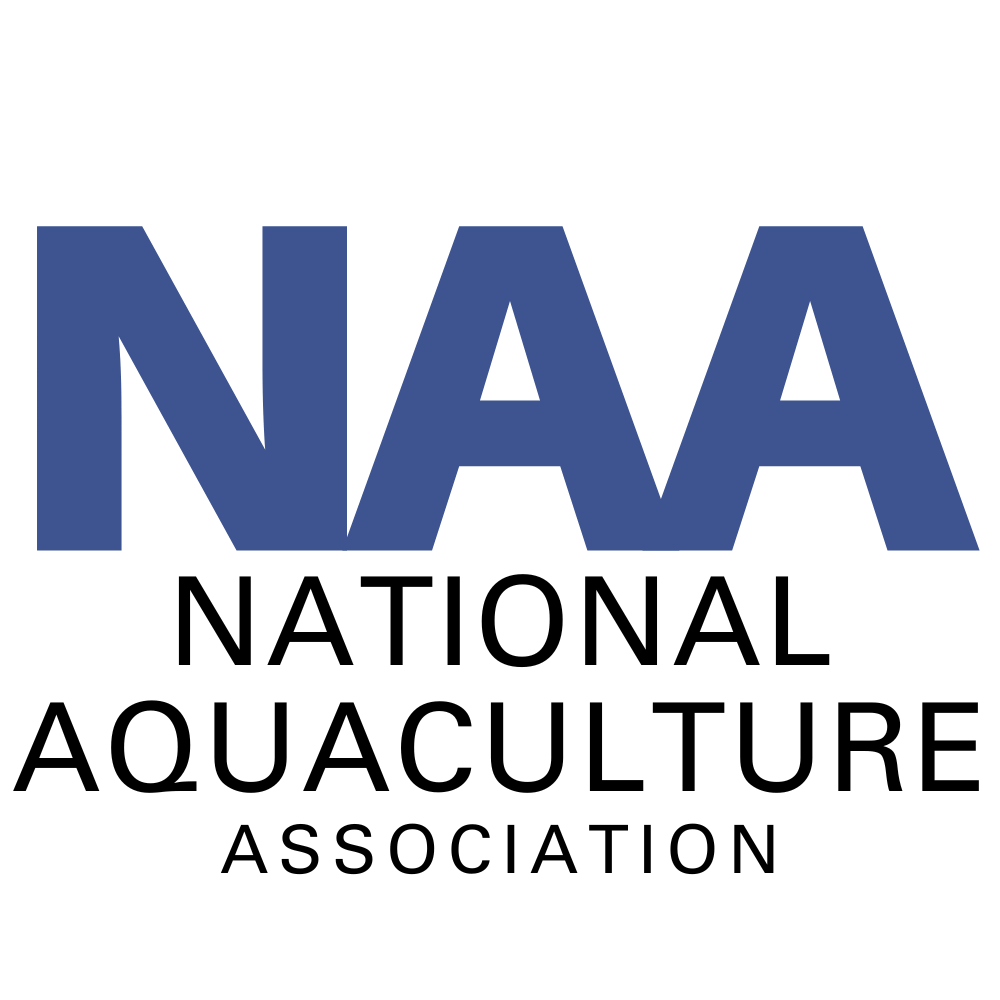
Ask your Representative and Senators to Support the Cormorant Relief Act!
Companion legislation has been introduced in the House and Senate by Representatives Mike Ezell (MS-04), Michael Guest (MS-03), Bennie Thompson (MS-02), Trent Kelly (MS-01) and Senator Tom Cotton (R-Arkansas), Katie Britt (R-Alabama), Cindy Hyde-Smith (R-Mississippi), Tommy Tuberville (R-Alabama), and Roger Wicker (R-Mississippi) that would fully restore the ability of fish farmers and pond/lake managers to effectively manage predatory double-crested cormorants.
The legislation introduced to the House is found here, Cormorant Relief Act of 2025, and in the Senate found here: Cormorant Relief Act of 2025. The duplicate bills would restore U.S. Fish and Wildlife Service regulations to allow producers and pond/lake managers to fight the cormorants, which threaten the livelihoods of aquaculture operations in Alabama, Arkansas, California, Colorado, Connecticut, Florida, Georgia, Illinois, Indiana, Iowa, Kentucky, Louisiana, Michigan, Minnesota, Mississippi, Missouri, New Jersey, North Carolina, Oklahoma, Ohio, Pennsylvania, South Carolina, Tennessee, Texas and Wisconsin.
This legislation is supported by the National Aquaculture Association and the Catfish Farmers of America.

"Double-crested cormorant management on catfish farms is a costly endeavor. DCC cause millions of dollars in losses on catfish farms every year through predation and the spread of disease. We appreciate the sponsorship of this bipartisan bill that will help farmers better manage bird depredation while still ensuring the protection of this migratory bird." - Chad Causey, Catfish Farmers of America Spokesperson.

“The National Aquaculture Association strongly supports this constructive and timely bill,” commented Sebastian Belle, President. “The legislation is a return to commonsense approach of assisting farms throughout the central and southern United States in effectively managing a rapidly growing population of farmed fish-eating birds. Bird populations expanded during the 18-year period when the first Aquaculture Depredation Order was in place. There will be no change in that growth under this bill. Fortunately, the legislation does relieve the U.S. Fish and Wildlife Service of the task of issuing individual farm regulatory permits. The agency has been unable to do so in a timely manner which has created uncertainty in the farming community. Farms will continue to report their bird management efforts to both the U.S. Fish and Wildlife Service and the USDA Wildlife Services.”
Background

The double-crested cormorant is a large water bird that feeds primarily on fish, consuming approximately a pound of fish per day. The cormorant population in North America has been increasing for decades as they have no natural predators and a growing prey base. As a result, these birds cause millions of dollars in losses across U.S. aquaculture each year. As an example, the greatest annual regulatory cost burden on catfish farms, $18 million, was caused by environmental regulations related mostly to the management of federally protected piscivorous migratory birds.
From 1998 to 2016, an Aquaculture Depredation Order existed allowing aquaculture producers to manage double-crested cormorants committing or about to commit depredation of aquaculture stocks. However, a lawsuit brought against the U.S. Fish and Wildlife Service challenged the Public Agency Depredation Order renewal and in 2016 that Order was vacated. As collateral damage the Aquaculture Depredation Order was also vacated. Currently, aquaculture facilities must pursue individual depredation permits, which impose constraints on farmers and prevent them from adequately protecting their fish.
Want to learn more?
On Tuesday, April 8, 2025, at 10:15 a.m. in room 1324 Longworth House Office Building, the Committee on Natural Resources, Subcommittee on Water, Wildlife and Fisheries will hold a legislative hearing on H.R. 2293 (Rep. Ezell), “Cormorant Relief Act of 2025.” To listen in on the hearing at that date and time, click on: Legislative Hearing on H.R. 2293 | Water, Wildlife and Fisheries Subcommittee | House Committee on Natural Resources.
Want to do more?
The NAA strongly recommends that farmers impacted by the double-crested cormorant contact their Representative and Senators to ask for their co-sponsorship and support. To join the House bill, Representatives should contact Bea Valenti with Congressman Ezell’s Office at Beatrice.Valenti@mail.house.gov. To join the Senate bill, Senators should contact Braxton Wenk with Senator Cotton’s Office at Braxton_Wenk@cotton.senate.gov.
